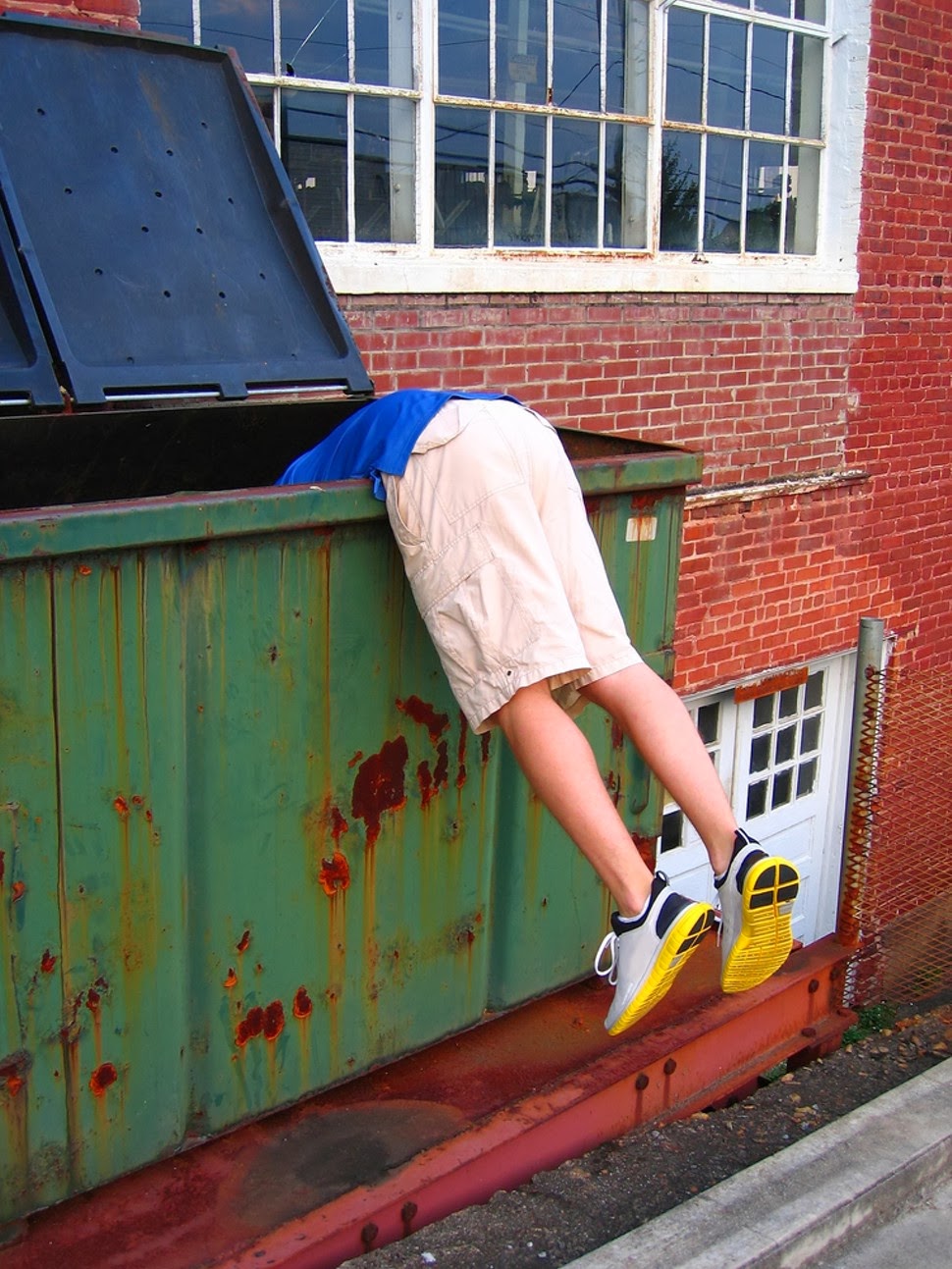https://www.cnn.com/2023/06/09/economy/us-inflation-high-prices-consumer-demand/index.html
That means a business can essentially set prices as high as it wants, as long as they aren’t so high that they drive away the customer base. In other words, it’s Econ 101: Good, old-fashioned supply and demand.
:AmISoOutOfTouchmeme: Could it be greed? No, it's the customers fault.
:very-intelligent: You claim to want lower food prices, but continue to purchase it no matter how much we charge...Curious
I'm feeling like by now the journalists have had time to discover econ 102 but nope :blob-no-thoughts:
The sad thing is that they're not even on econ 101. They're looking at a picture of the textbook cover for a middle school math textbook and assuming they've aced university level econ 101 and the 201 class as well from that alone.
If you would just stop buying basic necessities like food and shelter the prices wouldn't be so high! Silly consumers you just don't understand basic economics!
Maybe if you stopped breathing so much, the price of air would come down!
A radio caster did suggest in the radio that people ought to share rooms in a flat to save on rent (which is illegal here and they talked against a while back) and ease the burden on rent. When they grew up they shared a room with their sibling, too! And also orientalism: "In other countries six people are sleeping on one mattress"
Supply and demand is when both things are static but the price goes up
I will simply stop buying groceries and start eating dirt and rocks
How does this significant shift make sense then? Has there been an increase in demand? Have goods been undervalued this whole time? If so, why weren't their prices naturally regulated by supply and demand up until now? What has changed? Could it be the buying up of competitors to the point where there is no more real competition, meaning the handful of corporations owning everything can collaborate to drastically increase profits for everyone involved, resulting in record profits in recent years?
No :) The free market is an infallible god :) If the prices increase drastically, that is the free market's will :) We need not question it, believe in Econ 101 :)
Some suggest it's greed flation
Now read the rest of my article where i argue that it's somethimg completely different than that but it's essentially the same thing
If the prices are too high, you can simply just start your own trillion dollar grocery and supply company!
what did you just say to me, you little commie
ill have you know i graduated top of my class in econ 101, i have been involved in numerous discussion posts (worth 10% of the grade) and i have over 300 confirmed SRAS graphs
pointing to a fully stocked shelf
We're just out of things! That's why the prices went up!
pointing to an empty refrigerator
You should just eat less. You can't keep asking for higher wages.
That means a business can essentially set prices as high as it wants, as long as they aren’t so high that they drive away the customer base. In other words, it’s Econ 101: Good, old-fashioned supply and demand.
It's the weekend and I'm loaded, but don't these two sentences contradict each other? The first seems to acknowledge that businesses will charge as much as they can get away with, and then the second sentence attributes this to supply and demand rather than businesses choosing to charge high prices entirely on their own.
It's been a while since I took an economics class, but I don't recall supply and demand meaning "businesses unilaterally deciding to charge way more on the basis that they can get away with it."
Supply and demand curves are bullshit and largely not considered an objective thing even within the bullshit that is econ. Supply and demand is kind of a shorthand for communication purposes, and isn't really an important factor. Unlabeled axes and the likes.
The concept it's intended to communicate ie that for a given quantity, quality, and price of a good, there is a given consumer demand for it. The difference between elastic and inelastic demand is that as the price changes, the demand will change greatly for elastic goods, but will remain largely the same for inelastic goods.
Elastic goods are things like cookies and luxury cars and $3500 VR headsets. Inelastic goods are things like soap, rent, and staple foods.
what only considering the profit motive does to a mfer :sadness:
Just because businesses can charge more and make more profit doesn't mean they should, which is the part that Econ 101 leaves out. Any negative externalities on society caused by this don't show up on an individual firm's balance sheet so they may as well not exist. Unfortunately, capitalism does seek greater and greater profit, so businesses do end up raising prices as much as they possibly can. Which leads to greater class stratification, and you're into pretty textbook Marx at this point













